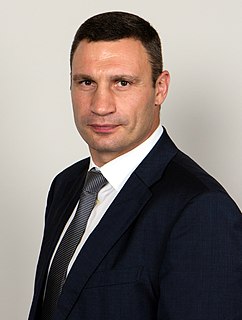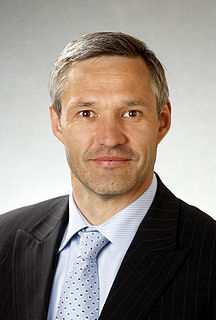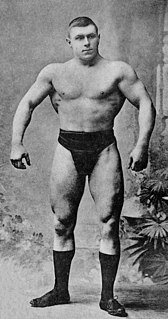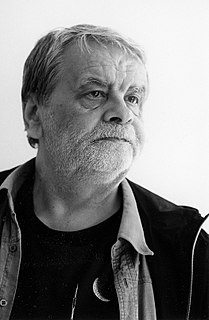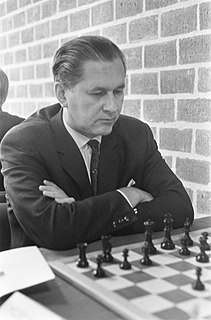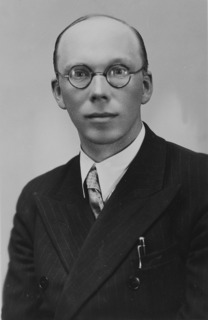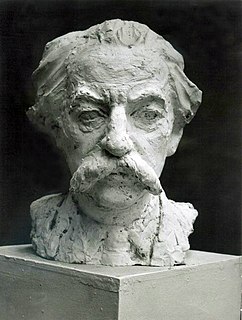A Quote by Jaak Kilmi
Working under the Soviet system made you very paranoid - people were afraid of everything - and this paranoia is still in people's minds.
Related Quotes
We have to think about what the future is going to look like for people. People are afraid of robotization; they're afraid of globalization; they're afraid of all these things. And Trump's solution to that is: shut the borders; America first; everything's got to be made here, which is of course, not realistic - in his own companies everything's not made here at all - but I think we have to engage in issues that do cross these demographic boundaries.
Americans were convinced in their own minds that they were very miserable, and those who think so are so. There is nothing so easy as to persuade people that they are badly governed. Take happy and comfortable people and talk to them with the art of the evil one, and they can soon be made discontented with their government, their rulers, with everything around them, and even with themselves.
Paranoia imposes its own vision on the external world; it differs from other kinds of visionary experience in that the paranoid wants others to share his view—even insists on it. Paranoia is very like poetic creativity. This accounts for my fascination with certain people in whom this state of mind was evident: ‘characters’ met by chance, whose words and gestures would haunt me for years until, finally, in a poem I was able to dispel them.
When I looked into the story of Soviet hockey and its players, I realized that it has nothing to do with hockey. It was a larger story using hockey as a window into the story of the rise and fall of the Soviet Union, the Russian people, with friendships and betrayals, paranoia and oppression, and the meaning of sports to people and nations around the world, and how sports was used as a political tool.
I think you get mentally ill being homeless. Most of the bag ladies wind up mentally ill pretty quickly - what people would call paranoid - because they are in such danger. I don't know if it's really paranoia because they are in great danger. Terrible things happen to them, and they lose everything. How could they not become at the very least severely depressed?
I would prefer to use a very inclusive definition of the working class. I'd like to include all of those people who are, if they're not exploited by an immediate employer over them, they're exploited by the system and therefore have a cause to want to change the system. Having a very inclusive definition of the working class creates a great opportunity for organizing people.
During the 1930s, some of the leading intellectuals in America condemned our economic system and pointed to the centrally planned Soviet economy as a model -- all this at a time when literally millions of people were starving to death in the Soviet Union, from a famine in a country with some of the richest farmland in Europe and historically a large exporter of food.



